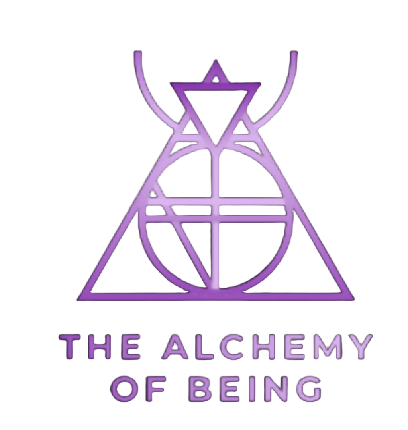Self-Compassion and Humour: Laughing With Yourself

Let’s be honest: the journey of self-growth can get… unintentionally hilarious. That’s why exploring self-compassion and humour matters, because laughing at ourselves is often the kindest, most grounding thing we can do.
You sign up for a cacao ceremony and end up crying about your ex in a yurt.
You commit to a 5 a.m. breathwork practice and promptly fall asleep on your mat.
You download yet another productivity app, and spend your evenings categorising to-do lists by moon phase.
The truth is, the wellness path can get weird. And that’s okay.
Because laughter, especially when aimed gently at ourselves, is a profound act of self-compassion. It says: ‘I see you, human. You’re trying. And you’re allowed to be messy while you grow.‘
Why Humour Helps Us Go Gently
Self-compassion is about meeting ourselves with kindness instead of criticism. But perfectionism is sneaky. It whispers that growth only “counts” if we do it flawlessly.
That’s where humour comes in.
- It roots us in belonging. When we laugh gently at our human-ness, we drop the performance of perfection and return to the truth: we are allowed to be here, messy and real.
- It breaks the grip of perfectionism. Giggles interrupt the critic that insists we must “get it right” to be worthy.
- It physiologically grounds us. Neuroscience shows that laughter shifts the nervous system out of fight-or-flight into safety and connection. It’s not just lightness; it’s a steadying.
- It builds resilience. People who can laugh at themselves cope better with stress and setbacks, not because they dismiss challenges but because they meet them with softness.
- It creates connection. Sharing our funny “fails” with others transforms embarrassment into belonging.
Think of it this way: every time you giggle at the crystal collection gathering dust, or your “spiritual playlist” that still includes Beyoncé, you’re reminding yourself that belonging isn’t earned through polish, it’s remembered through presence.
Bringing Humour Into Self-Compassion
So how do we invite more of this soft, playful humour into our daily lives?
- Giggle at the gap. Notice the space between your intentions and reality. Did you meditate for two minutes instead of twenty? Celebrate the effort, and laugh at the humanity of it.
- Catch the critic with comedy. Next time your inner voice says “you’re not doing enough,” imagine it in the tone of a sitcom character. (Mine sounds suspiciously like Moira Rose from Schitt’s Creek.)
- Laugh together. When you share your stumbles with a friend, you both discover that belonging isn’t about perfection. It’s about being seen in your wholeness.
Humour here isn’t about dismissing the work. It’s about staying grounded while you do it.
October Challenge: The Compassionate Giggle
This month, we’re challenging you to practice Humour as Self-Compassion.
- Start a Self-Compassion Log. Each time you notice yourself taking the journey a bit too seriously, write it down. Bonus if it makes you chuckle.
- Reframe with Play. When your inner critic pipes up, give it a silly nickname or voice. Watch how it shifts your grip.
- Share the Giggle. Tell a friend one funny “self-growth fail” from your week. Notice how laughter creates belonging between you.
At the end of the month, reflect: did laughing at your imperfections help you feel more grounded, more connected, more at home in yourself?
Final Thought
Laughing at your human-ness doesn’t make you less spiritual. It actually makes you whole.
Because self-compassion isn’t only a soft whisper – sometimes it’s a snort-laugh in a yurt.
So giggle at the moon-phase to-do list. At the yoga mat nap. At the part of you that forgets your wallet while manifesting abundance.
Each compassionate giggle is a reminder:
I am here. I am human. And that’s enough.
 Skip to content
Skip to content
